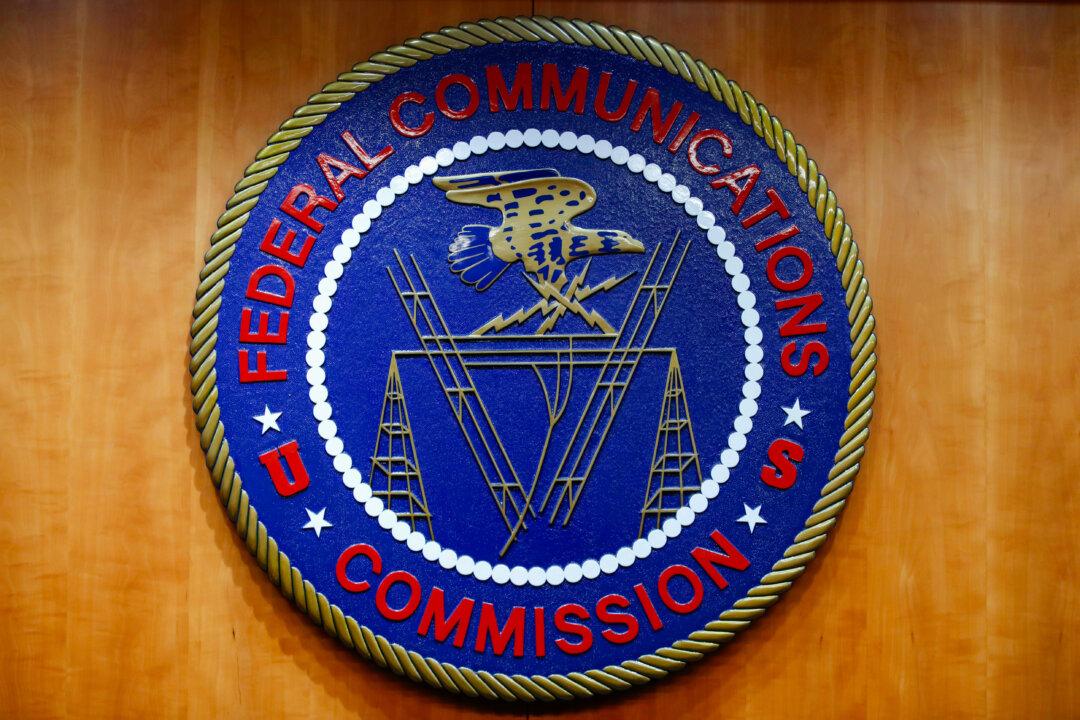The Federal Communications Commission (FCC) has proposed new consumer protection policies against robocalls generated with artificial intelligence (AI).
These new policies would require companies to disclose that they are using AI-generated calls.

The Federal Communications Commission (FCC) has proposed new consumer protection policies against robocalls generated with artificial intelligence (AI).
These new policies would require companies to disclose that they are using AI-generated calls.